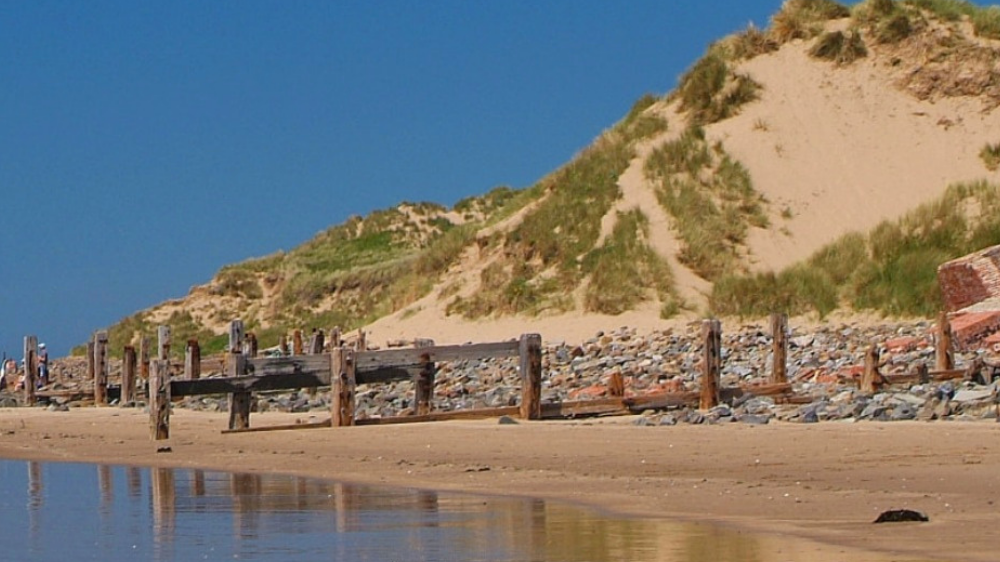
North Devon District Council says it will do what it can to help
North Devon District Council has agreed in principle to do what it can to help rejuvenate North Devon’s United Nations (UN)-recognised nature reserve.
The council’s strategy and resources committee has agreed to sign the North Devon biosphere’s nature recovery declaration and to support a draft plan aiming to reverse environmental decline on 30 per cent of the reserve by 2030.
If this is achieved, the focus will shift to preserving the remaining 70 per cent located in areas primarily used by business and agriculture. It follows the prime minister’s 2020 pledge at the UN for a fifth of UK land to be protected by 2030.
Biosphere reserves are areas of land and ecosystems earmarked by UNESCO (United Nations Educational Scientific and Cultural Organisation) for conservation and sustainable development. They are also meant to be hubs for research and education.
The North Devon biosphere consists of 3,300 square kilometres with Braunton Burrows sand dunes at its core. This ecologically diverse area is one of the largest sand dune systems in the British Isles, covering an area equivalent to around a thousand football pitches.
Speaking at a strategy and resources committee, Councillor Netti Pearson (Green, Ilfracombe West ward) welcomed the recovery plan, saying: “I think this is a fantastic project and works well with our own environmental ambitions.
“The sense of urgency is becoming greater as we are seeing for ourselves across the world what’s happening with the climate. We have to act and we have to act fast.”
Councillor Graham Lofthouse (Liberal Democrats, Roundswell ward) said: “I think it’s a good way forward to showing that we take the environment seriously and want to actually improve it for everybody’s sake.” He said he also hoped it would make the area more attractive for visitors.
Councillor Jeremy Yabsley (Conservative, Witheridge ward), who describes himself as a ‘fluffy farmer’ more interested in environmental protection than the meat production he’s involved in, expressed support for the plan but argued the area must be able to continue to supply food. He suggested that right now it is difficult to get more farmers behind sustainable farming.
The plan sets out actions to reverse the loss of nature in the biosphere. The council hopes to improve the environment on land it has responsibility for and to conserve biodiversity.
The non-binding declaration outlines the council’s intention to collaborate on nature recovery plans and, where necessary, put in money. Officers say nature recovery could be incorporated in the local plan when it is updated.
Mike Moser, chair of the biosphere nature improvement group, said: “It’s wonderful news to have North Devon Council among the growing list of signatories to the Biosphere Nature Recovery Declaration.
“We hope individual councillors will also sign the declaration and support the communities in their wards to stand up for nature.”
The North Devon biosphere is also a site of historical significance. Between 1943 and 1944 ten thousand American troops trained for the D-Day invasions using Braunton Burrows sand dunes.
The biosphere faces significant ecological and environmental problems. The rivers Taw and Torridge are failing chemical and ecological standards because of environmentally unsustainable land use in surrounding areas. But only time will tell if the council’s ambitions and well-meaning statements will translate to a significant improvement in North Devon’s environment.
The draft nature recovery plan is out for public consultation until 15 August.
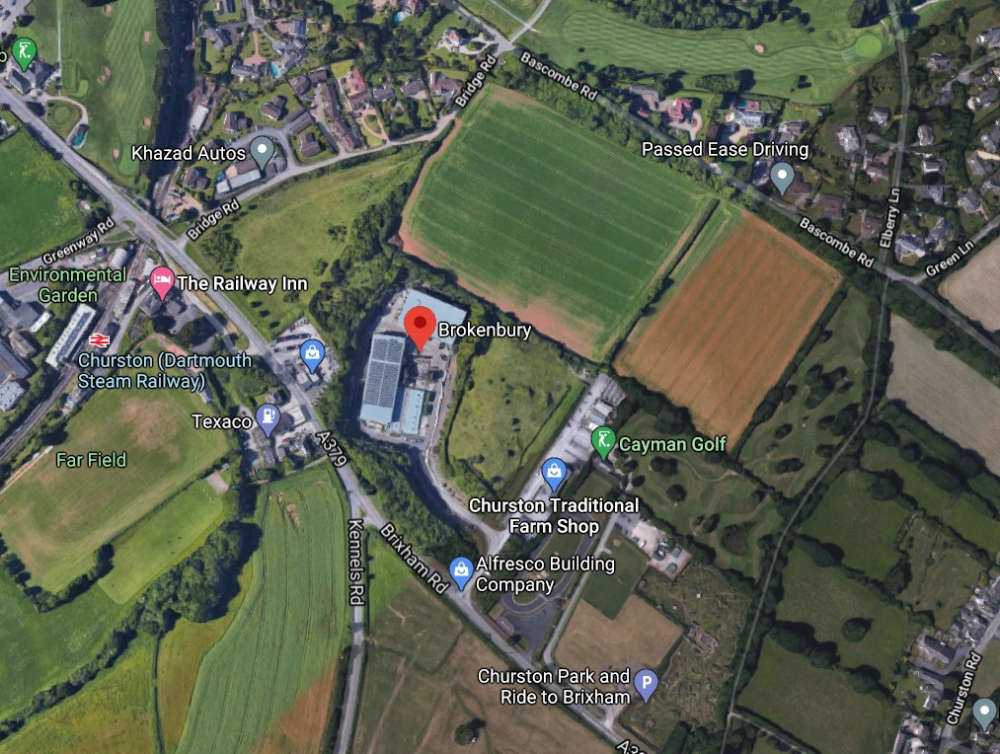 Official challenge to Torbay solar farm project
Official challenge to Torbay solar farm project
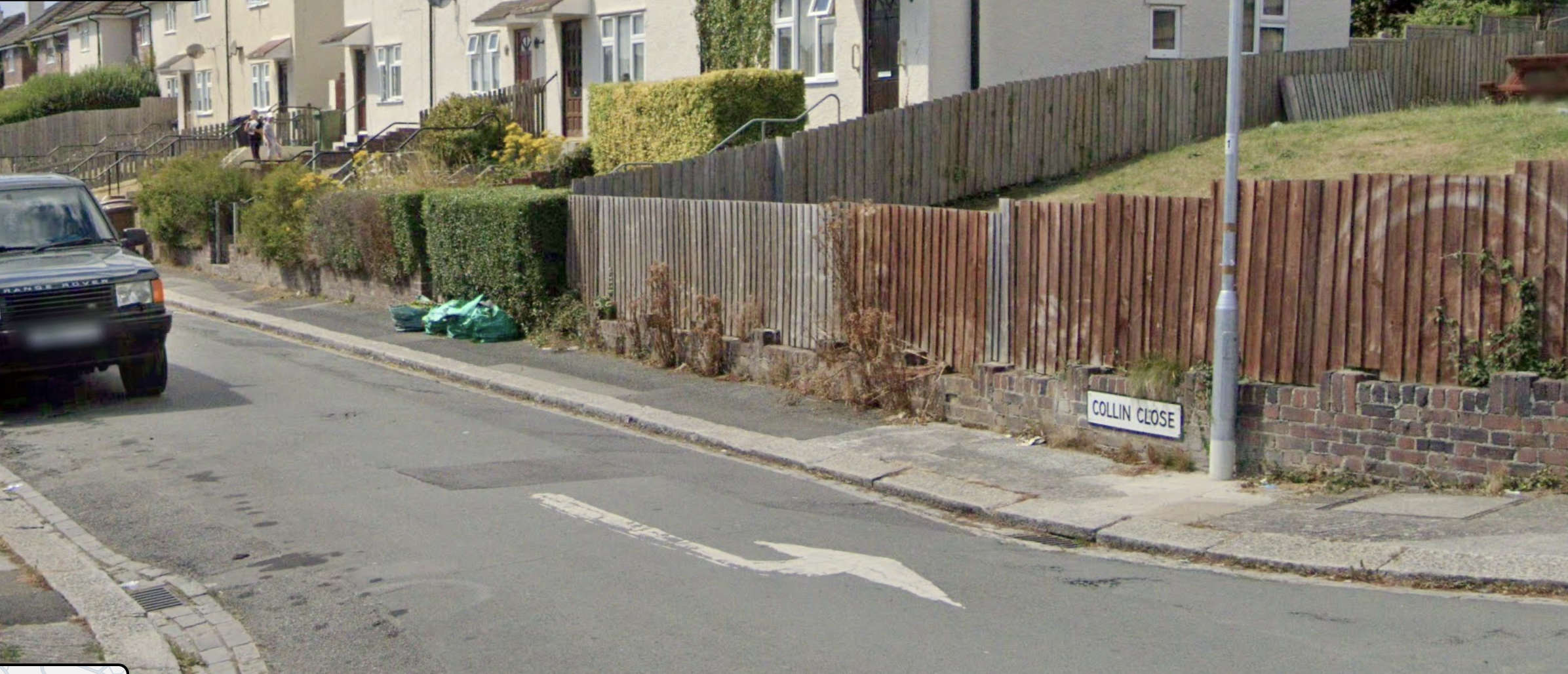 Two people injured in suspected Plymouth stabbing
Two people injured in suspected Plymouth stabbing
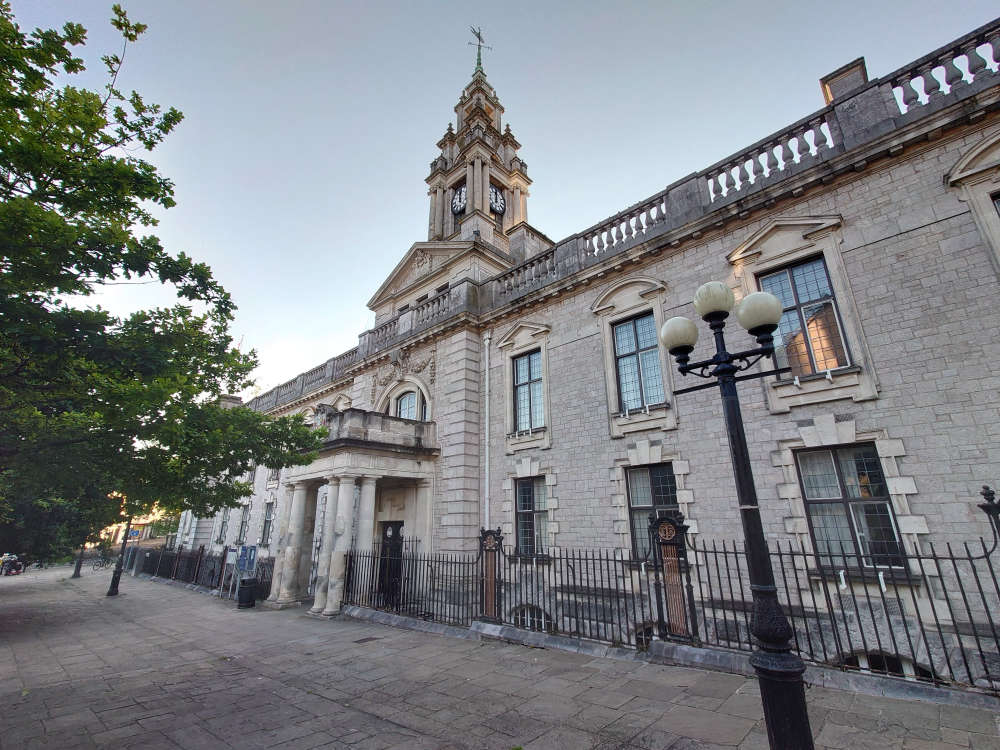 Four councillors banned from council tax debates
Four councillors banned from council tax debates
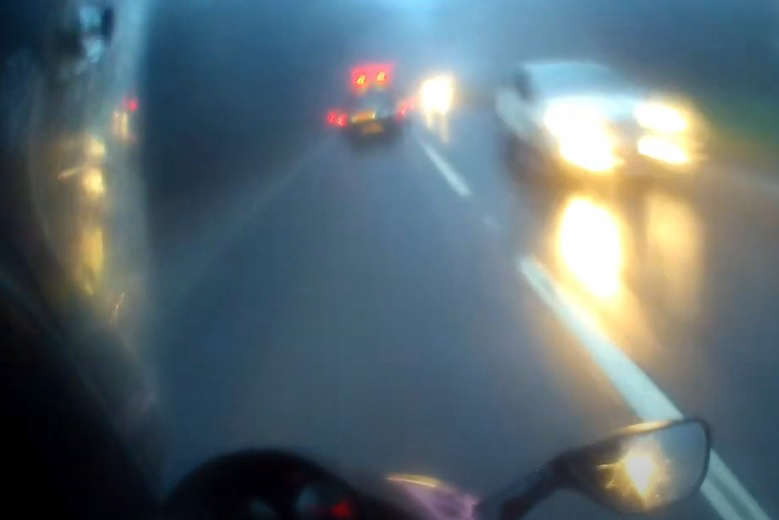 Video shows Devon biker causing horrific crash
Video shows Devon biker causing horrific crash
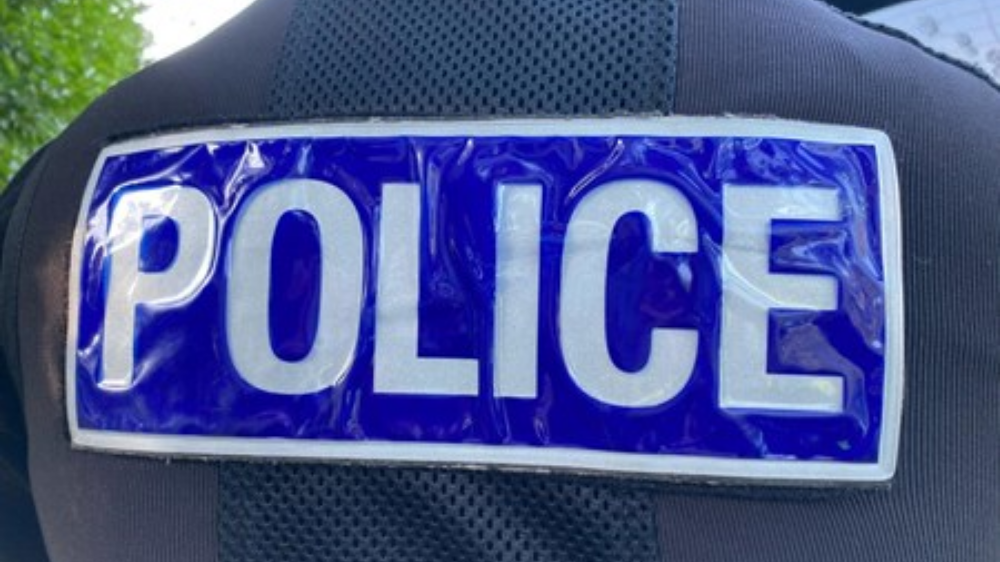 Murder charge after Kingsbridge crash
Murder charge after Kingsbridge crash
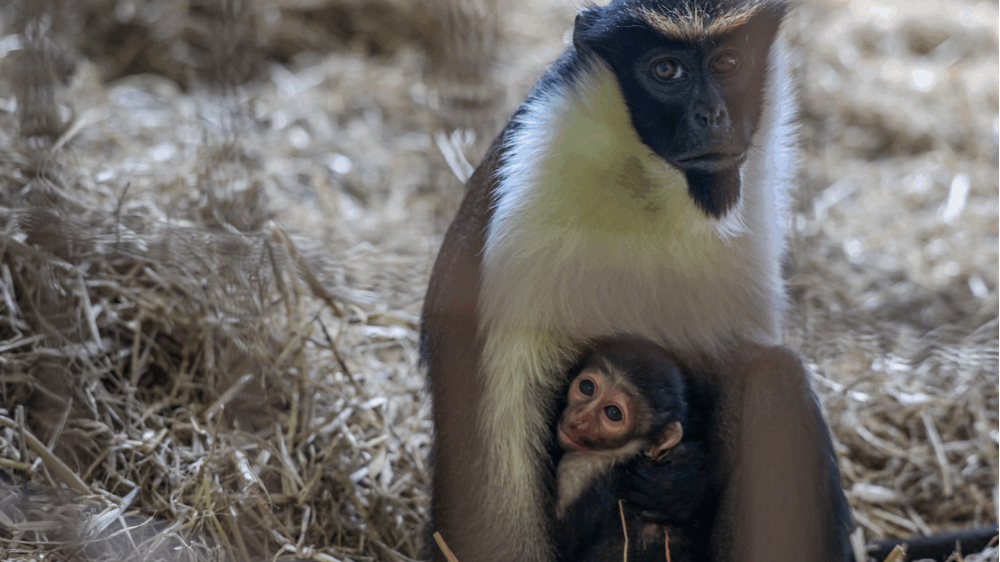 Poorly monkey gives birth to healthy baby
Poorly monkey gives birth to healthy baby
